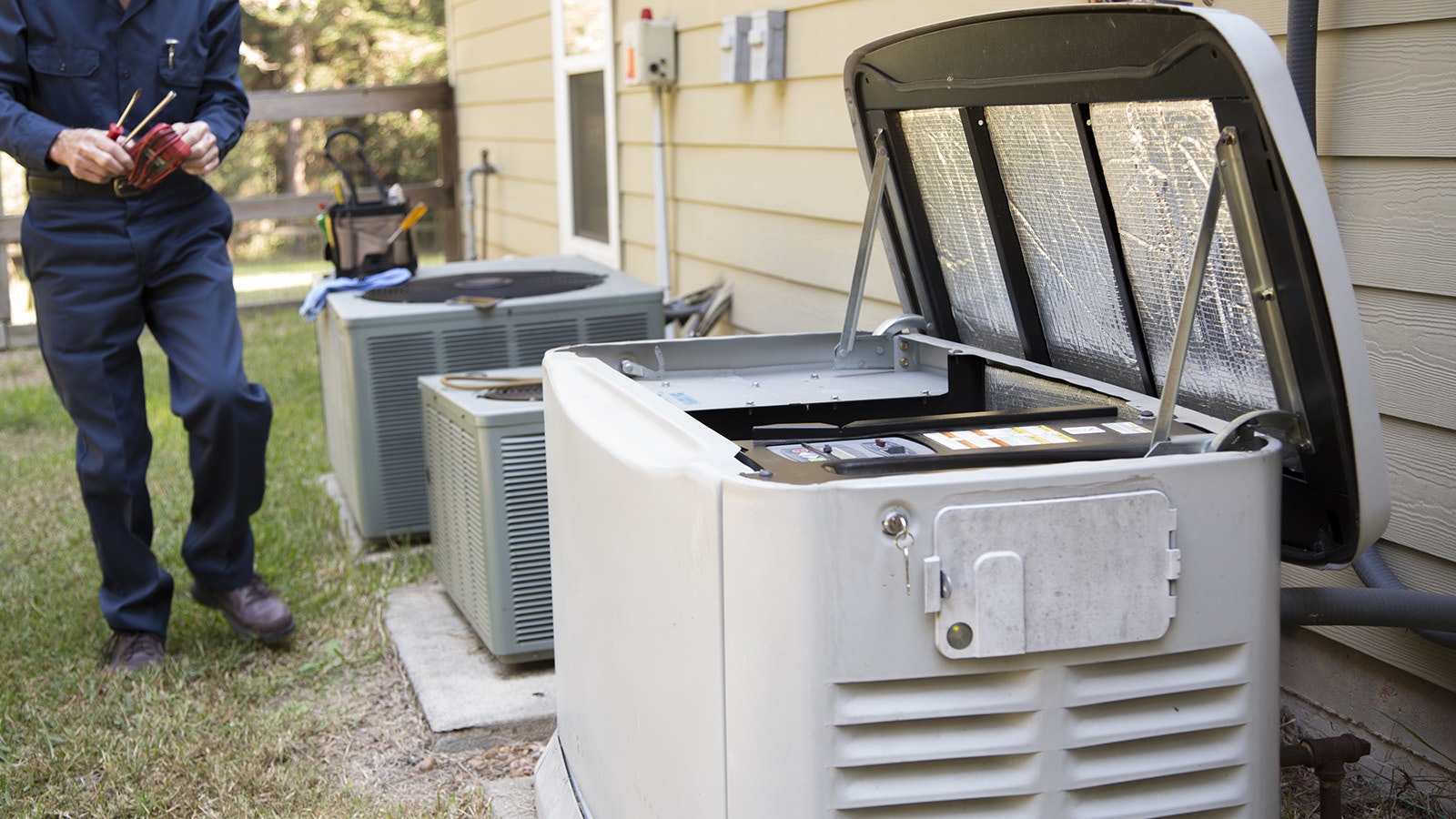In 2021, the Western Interconnection, which serves 14 Western states — including Wyoming — experienced the highest number of annual outages of any year since 2013.
With the exception of California, much of the West has been spared the kinds of outages seen in the East, such as rolling blackouts across North Carolina on Christmas Eve and extended power losses in Texas during Winter Storm Uri in 2021.
With the grid becoming less reliable, more people are turning to home generators to ensure the lights stay on.
The New York Times recently reported on people in the East buying generators to deal with frequent blackouts.
While the Times blamed extreme weather from climate change for the problems, the 2022 Long-Term Reliability Assessment, which is an objective analysis of electricity demand and generation resources, determined that risks of outages during high-demand periods are increasing because America’s electricity grid is relying more on intermittent wind and solar.
As the United States energy policy continues to shut down coal and possibly natural gas plants, the lights are likely to go out more often.
Lawns And Generators
According to a Fortune Business Insights study in 2021, the market in U.S. generator sales is expected to grow from $4.89 billion in 2021 to $6.94 billion by 2028, which the report attributed to growing energy insecurity.
Michael Jordan, founder and CEO of A BEE Friendly Co. in Cheyenne, is known as the “Bee Whisperer” in survivalist circles.
He’s been regularly featured on the Internet’s most listened to podcast on survivalism and sustainability, Jack Spirko’s “Survival Podcast.”
Jordan told Cowboy State Daily that the interest in generators hasn’t changed or grown over the years.
He said that as people age, more end up getting generators in the same way older people are more likely to have lawns.
“It's almost a necessity when you buy and do anything with the home anymore,” Jordan.
Battery Systems
He said people in the prepper community, which is a term for people preparing to survive future disasters, are building battery and generator backup systems. In some cases, they’re using hydroelectric.
For the preppers, it’s not just about preparing for a storm, but also for residual power, Jordan said.
They’ll use solar panels to charge up batteries, which turns the battery systems into the backup power that a diesel generator would provide.
Others are using electricity from their gas-powered cars to charge up their battery systems, he said, while others are going with gasoline- and diesel-powered Husqvarna and Honda generators.
Different Designs
Steven Harris, who runs Steven1234.com, was an engineer for Chrysler Corporation for 10 years and consults in the science and technology field for various large companies and government entities.
On his website, he provides resources for survivalists, a lot of which is about how to ensure your own power supply.
Harris told Cowboy State Daily that there’s a lot to consider when buying and designing a generator system for a household.
He said the size of the household is a factor. There are specifications a household will need if it has an older member on oxygen whose life would be threatened with an extended period without power. A home with 100 pounds of frozen meat has to have a system designed to prevent spoilage.
Fuel Sources
Another factor to consider when setting up generator systems is what fuel to use, Harris said. He said gasoline can only store for about a year before it breaks down.
Natural gas needs a lot of pipe to deliver it to a house, and storage is a problem.
A lot of people in rural areas like Wyoming overlook propane despite having tanks at their property, he said.
It’s “pretty stupid not to have a propane generator, even though fuel cost for our unit of electricity is pretty expensive on propane compared to others. It's always sitting there and it's always ready to go,” Harris said.
While you can burn through fuel pretty quickly using propane, Harris said people can run their generators to charge batteries when there’s a high demand in the household, such as during meals, and then shut off the generator and run off batteries during low demand periods.





